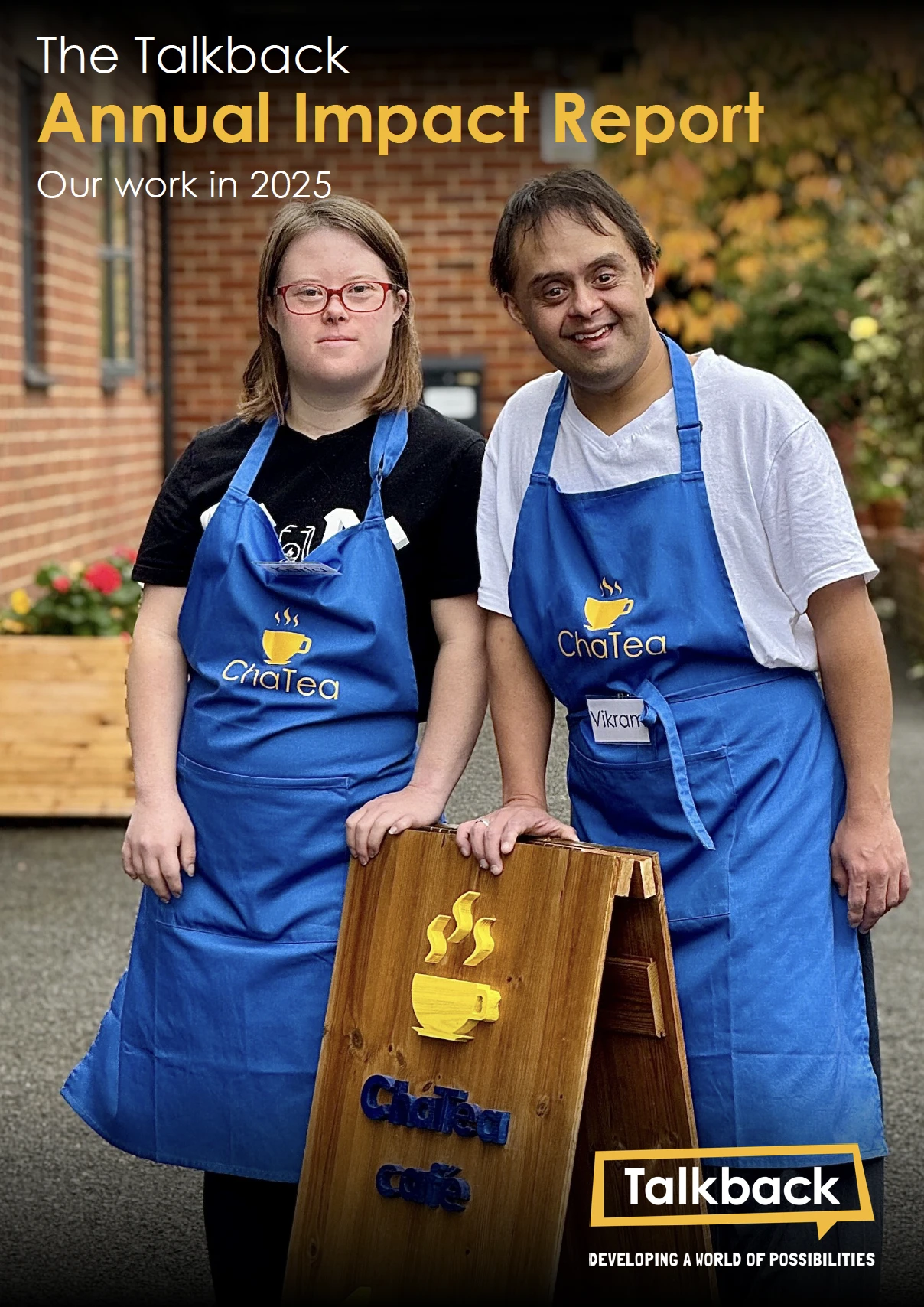For many with learning disabilities and/or autism, this cruel interruption to their routine will be extremely stressful. For their support workers too, it’s a time of adjustment, as they try to keep themselves and their families safe and well, both physically and mentally.
So, in the absence of those face to face encounters that we all took for granted, let’s look at some new approaches to keeping in touch and talking about the things that are still so important.
1. Embrace the technology
For the technophobes among us, this is the time to get down with the kids and find out how this stuff works. Never used WhatsApp or Teams before? Apparently, it’s quite easy, as are the many other popular apps. You can even have group chats and get multiple people together. When you’re contacting someone, use their preferred method of communication – they will feel more comfortable and are more likely to want to talk. Consider online safety though and consult your employer about which formats are acceptable.
2. Be honest and offer reassurance
We are all scared, and those we support will be no different. They watch the news, they hear people talking, and fear is infectious. Treat them as the adults they are – tell it like it is and explain simply why things are different and why we are isolating or social distancing. Reiterate that, if we all follow the official advice, most of us will be safe and things will return to normal quicker. Help them to reach their own conclusions in their own time.
3. Listen
Routine is so important to many of the people we support, and they may be upset, angry and confused. Give them time to talk about their fears and worries and to express themselves in their own way. If they know you well, use that trust to allow them to open-up about anything that is concerning them.
4. What are you doing instead?
Boredom is a drag and we all know that feeling. When the activities that fill our days are suddenly taken away, we must find other things to fulfil us. Remember how you felt if you’ve ever been made redundant and the time it took you to adjust and find new motivation. For those who are used to participating in art, drama or music groups their creativity is stifled. Others may have been involved in work experience or learning independent living skills. For some it’s the highlight of the week, a chance to get out and socialise with their friends. Can we offer alternatives? Send some activities related to the groups they attended, or some worksheets to consolidate their learning. Let them come up with their own ideas too and ask how they want to spend this time.
5. Strengthen relationships
Regular contact is the key, the opportunity to continue relationships and perhaps even strengthen them. Through building a reliable support network we can help each other through this extremely difficult time. Whether those relationships are between work colleagues or with the people we support, they will be imperative to get us all through. And, when life returns to some kind of normality, we will be all the stronger for it!





